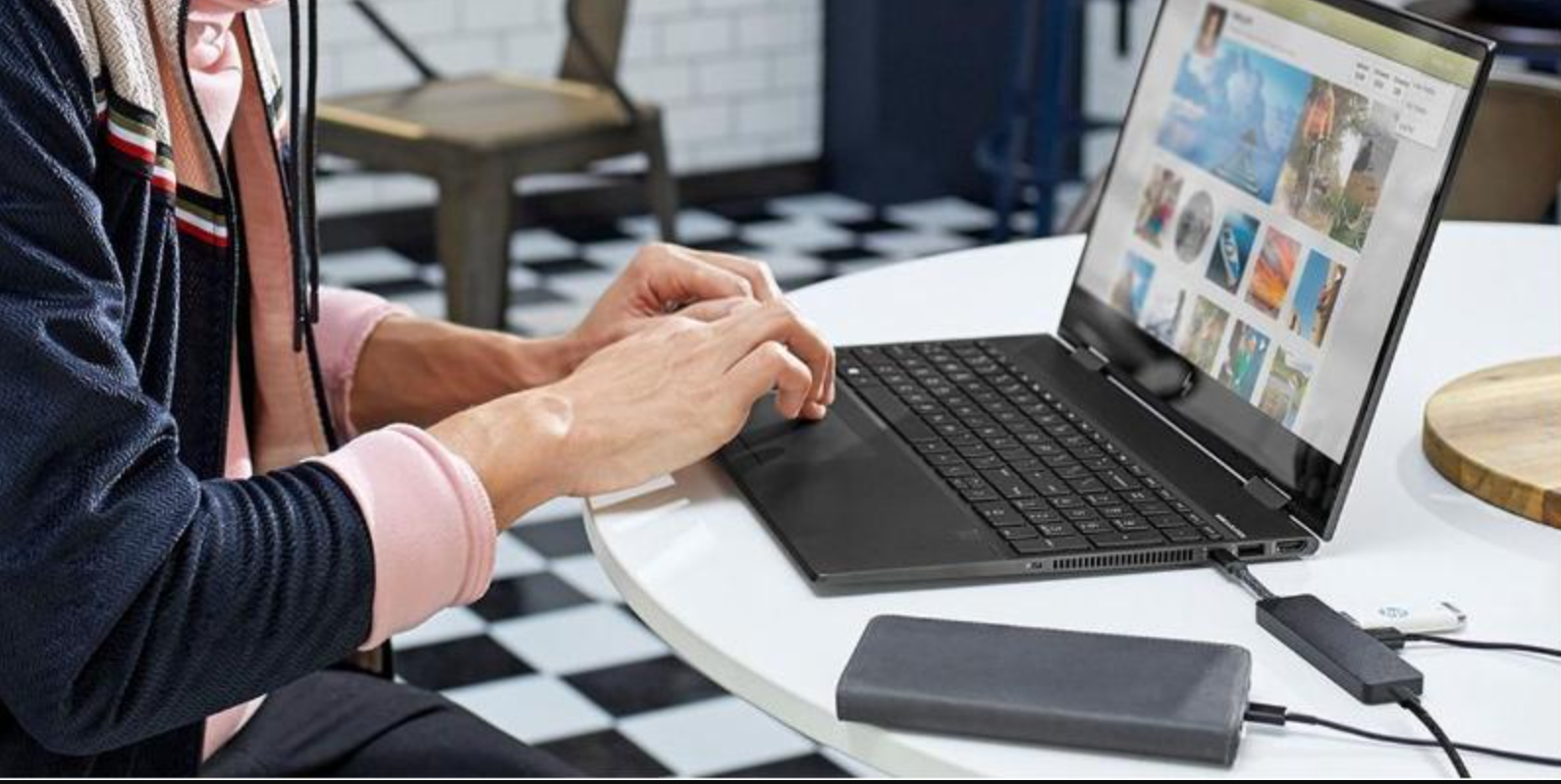Out of all the controls your laptop needs, the battery is the most important to maintain. A laptop battery is a must for moving around; therefore, you are free to use a laptop as well to entertain yourself without being connected to a plug socket at all times. Many people do not know how to properly charge their laptops to stay charged as long as possible.
Whether it is an HP Laptop Battery Genuine or any other, the proper charge on your laptop can make a difference in how long the battery lasts. This blog discusses how you can take good practices to keep your laptop’s battery healthy and increase its lifespan.
Avoid Overcharging Your Laptop Battery
The most common myth about laptop batteries is that they should be plugged in at all times. Although modern laptops can stop when they reach 100% charge, keeping your laptop plugged in all the time will put stress on your battery. Many laptops have a feature that will stop charging if they reach the point; you can also set a reminder that will remind you to unplug them.
Charge When Necessary
With lithium-ion batteries, you don’t have to wait for your laptop to drain completely before charging. Regular discharge to 0% may lead to faster degradation. Rather, attempt to charge your laptop when it gets to about 20-30%. Charging often, even for small intervals, is better for your battery than letting it die completely.
Such an approach will prevent the deep discharge cycles of the battery and eventually wear out the battery over time. By maintaining your battery charged roughly at the range of 20% to 80%, you will ensure the battery lasts as long as possible and remains healthy.
Keep Your Laptop in a Cool Environment
Temperature is very important for the health of your laptop’s battery. Higher temperatures, most especially while charging, can make the battery wear out faster. Laptops are also built to operate in cold atmospheric conditions, but when they become hot, the efficiency of battery power reduces. Ensure that you won’t be charging your laptop in places with poor ventilation and hot rooms.
Avoid charging your laptop on non-hard-type surfaces like a bed, a couch, or any surface that has a spring-type surface because it locks in heat.
Use the Correct Charger
Use the proper charger for your laptop model to avoid battery damage. Power delivery issues may arise through plugging into a non-corresponding charger, damaging the battery, or changing the efficiency of its charge. The charger should be the one that accompanies your laptop when you purchase it or a certified replacement suitable for the voltage and amperage of your laptop.
If you need to get a new charger, select an official or compatible one. Generic chargers damage laptop batteries gradually because their output does not match the power your laptop needs, possibly overheating your laptop or charging it slowly.
Don’t Keep Your Laptop Plugged In All the Time
It is tempting to leave your laptop plugged in for an extended period when using your laptop, but doing this all the time will damage your battery. Although laptops are designed to be plugged in, the battery can be damaged if it is kept charged up for too long. Prolonged use of your laptop with the charger connected will age your battery prematurely. If you use your laptop plugged in for the same periods, try unplugging it once it reaches 80-90% to avoid it spending too much time fully charged.
Use Battery-Saving Features
Most laptops have built-in battery-saving features, and the utilization of such applications will help your battery last longer and reduce the strain on your laptop’s battery. Such things as battery saver mode or power-saving settings can automatically set the state of your laptop so that it uses less power. Such settings lower the display brightness, deactivate unimportant features such as Bluetooth, and limit background processes too.
Turning these settings on will save your battery life, particularly when you are on the go or away from a power source. Besides dimming your screen and switching off Wi-Fi or Bluetooth when not using them, you can contribute noticeably to your battery life.
Conclusion
Above-described best practices can guide you a lot to ensure your laptop’s battery is healthy. To elongate your laptop battery life, all you have to do is follow the tips, including avoiding overcharging, plugging your laptop at the right time, ensuring the surroundings are maintained, and using the genuine charger. These small key steps will play a vital role in keeping your best performance from your battery for several years.

